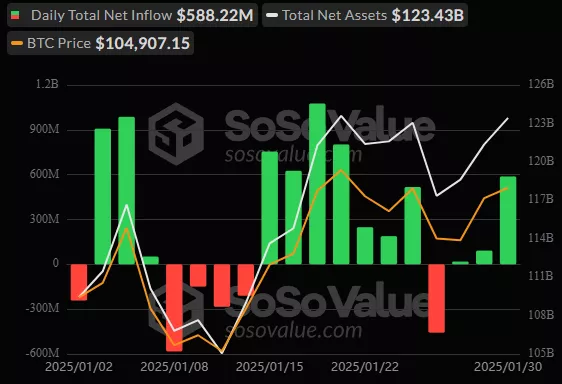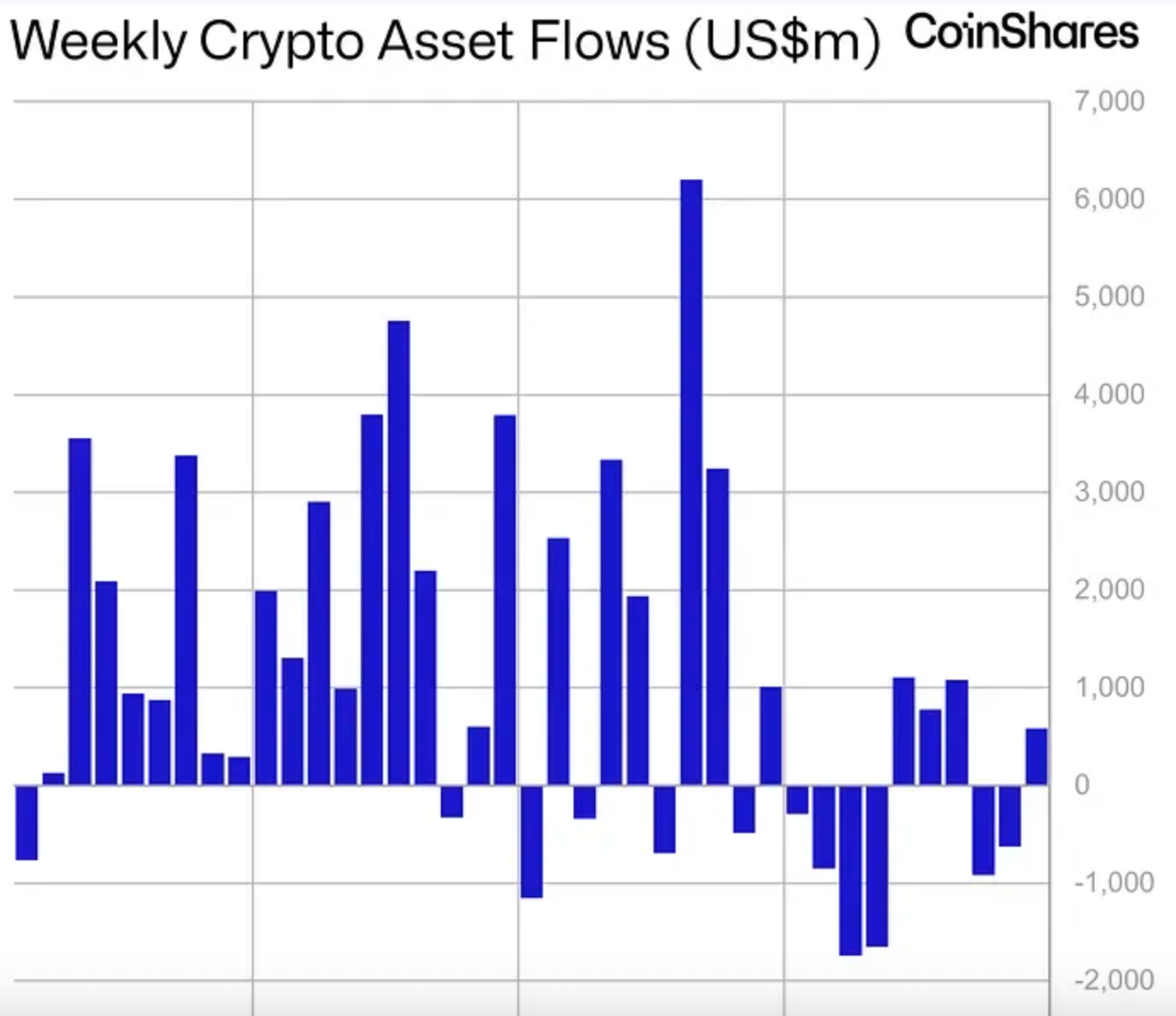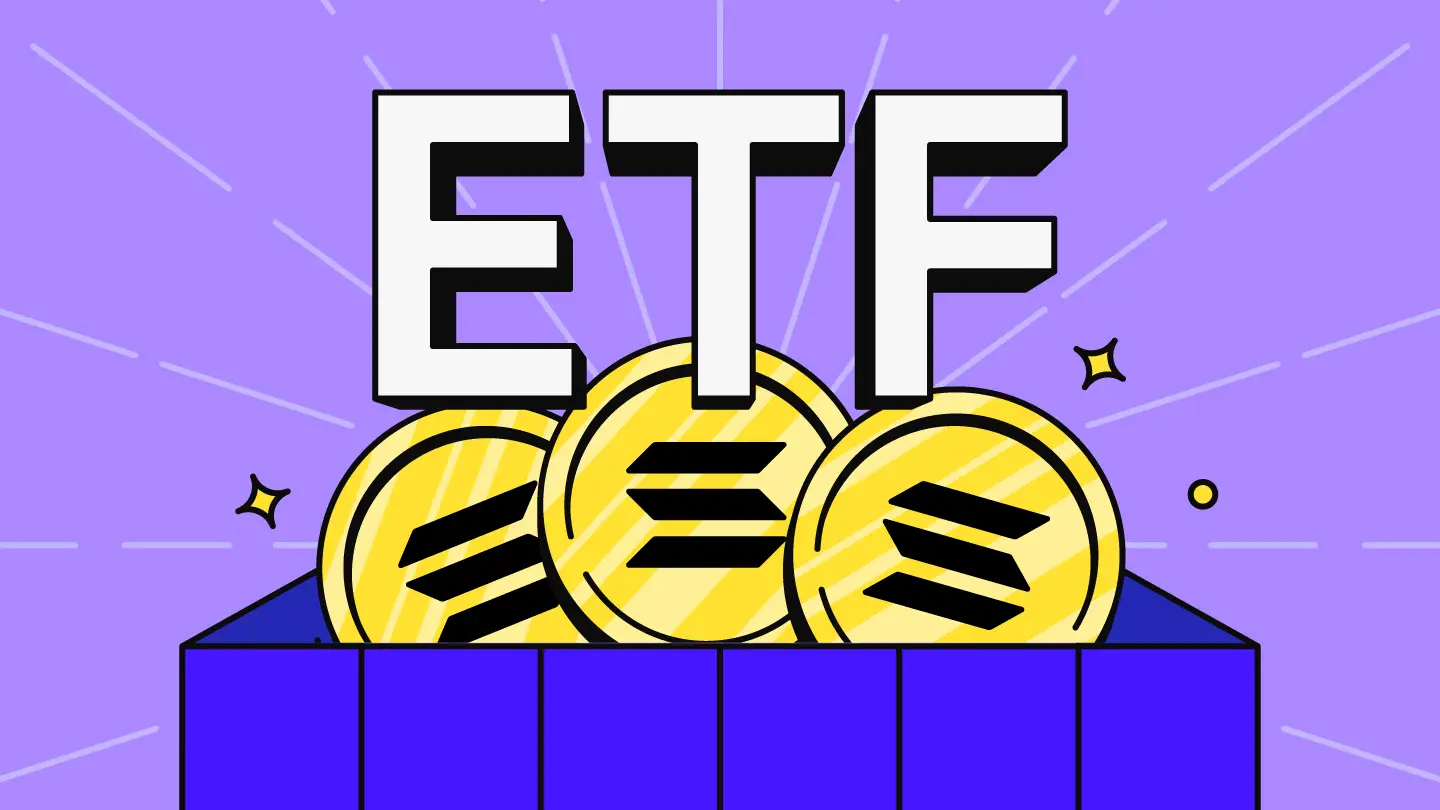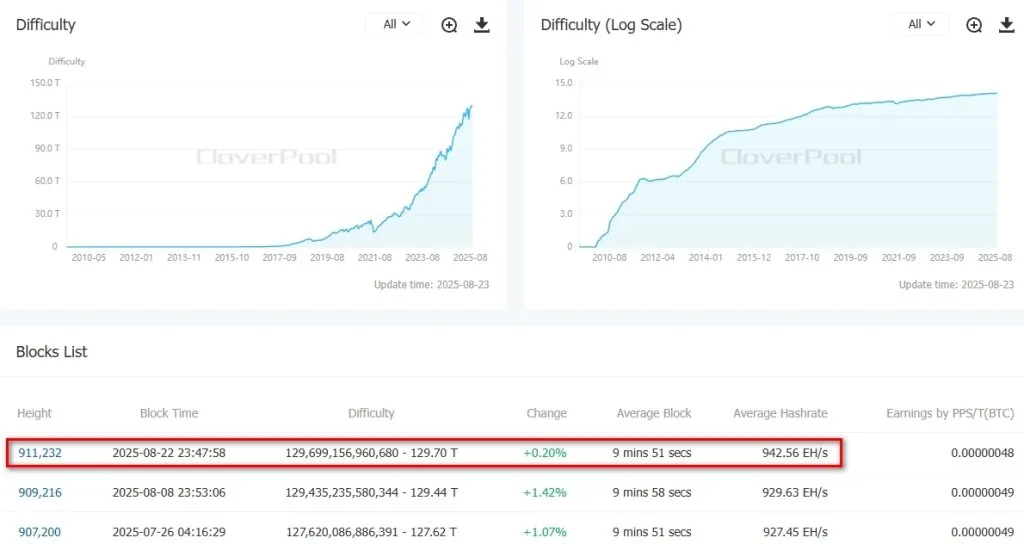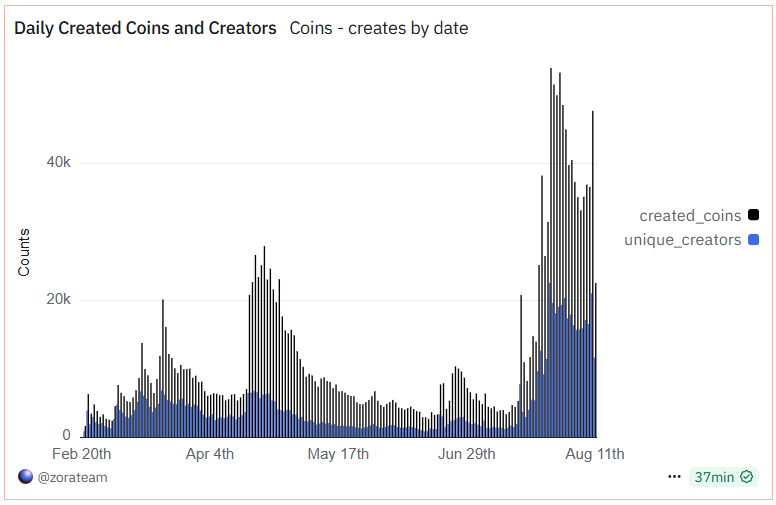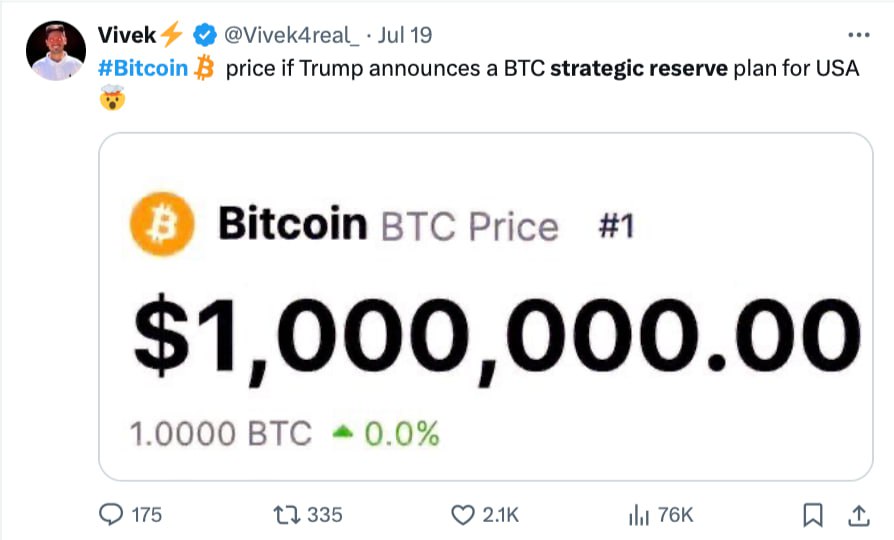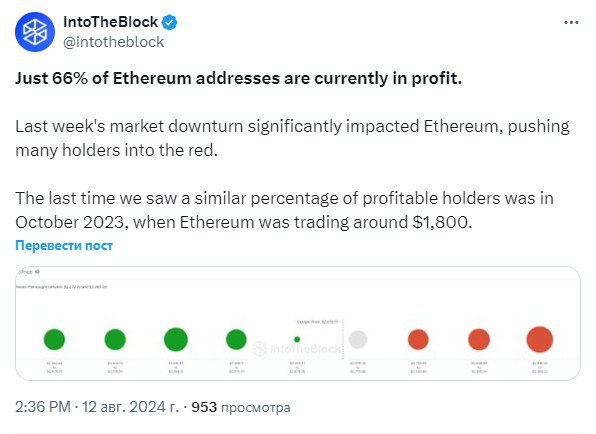The U.S. Securities and Exchange Commission (SEC) has officially filed charges against the cryptocurrency project Unicoin and three of its top executives for orchestrating a large-scale fraudulent scheme involving the unlawful offering of investment certificates tied to the company’s tokens and shares.
The defendants include:
- Alex Konanykhin — Chairman and CEO of Unicoin,
- Silvina Moschini — former head of the company and current board member,
- Alex Dominguez — former Chief Investment Officer.
According to the SEC, Unicoin misled thousands of investors by promising that its issued tokens would be backed by real assets worth billions of dollars, including premium real estate and significant stakes in private companies planning to go public. However, these claims were unfounded and formed part of a deceptive marketing tactic.
The Commission uncovered that the company claimed to have sold investment certificates worth over $3 billion, while in reality, it raised about $110 million from more than 5,000 investors worldwide. Unicoin also falsely stated that its products were registered with the SEC, a mandatory requirement for such financial instruments.
To promote this fraudulent scheme, Unicoin ran an extensive advertising campaign with high visibility: billboards and videos in airports, branding on thousands of taxis in New York City, television commercials, and active social media presence. This aggressive marketing helped create false trust and encouraged a large number of investors to put in their money.
In addition to fraud charges, the SEC has alleged violations of the federal securities laws’ anti-fraud provisions. The regulator is seeking full disgorgement of illicit profits, reimbursement of legal costs, and civil penalties.
Notably, Unicoin’s legal counsel, Richard Devlin, agreed to pay a $37,500 penalty without admitting or denying the allegations, thereby avoiding further litigation.
In April of this year, Alex Konanykhin publicly stated that the company rejected an SEC offer for a non-prosecution agreement to end the investigation, calling the regulator’s terms “unacceptable.” This signals the company’s intent to contest the charges in court.
This case is part of a broader trend of intensified SEC oversight of the cryptocurrency industry, aimed at protecting investors from dubious projects that use marketing ploys to raise funds without proper disclosure and regulatory compliance.


